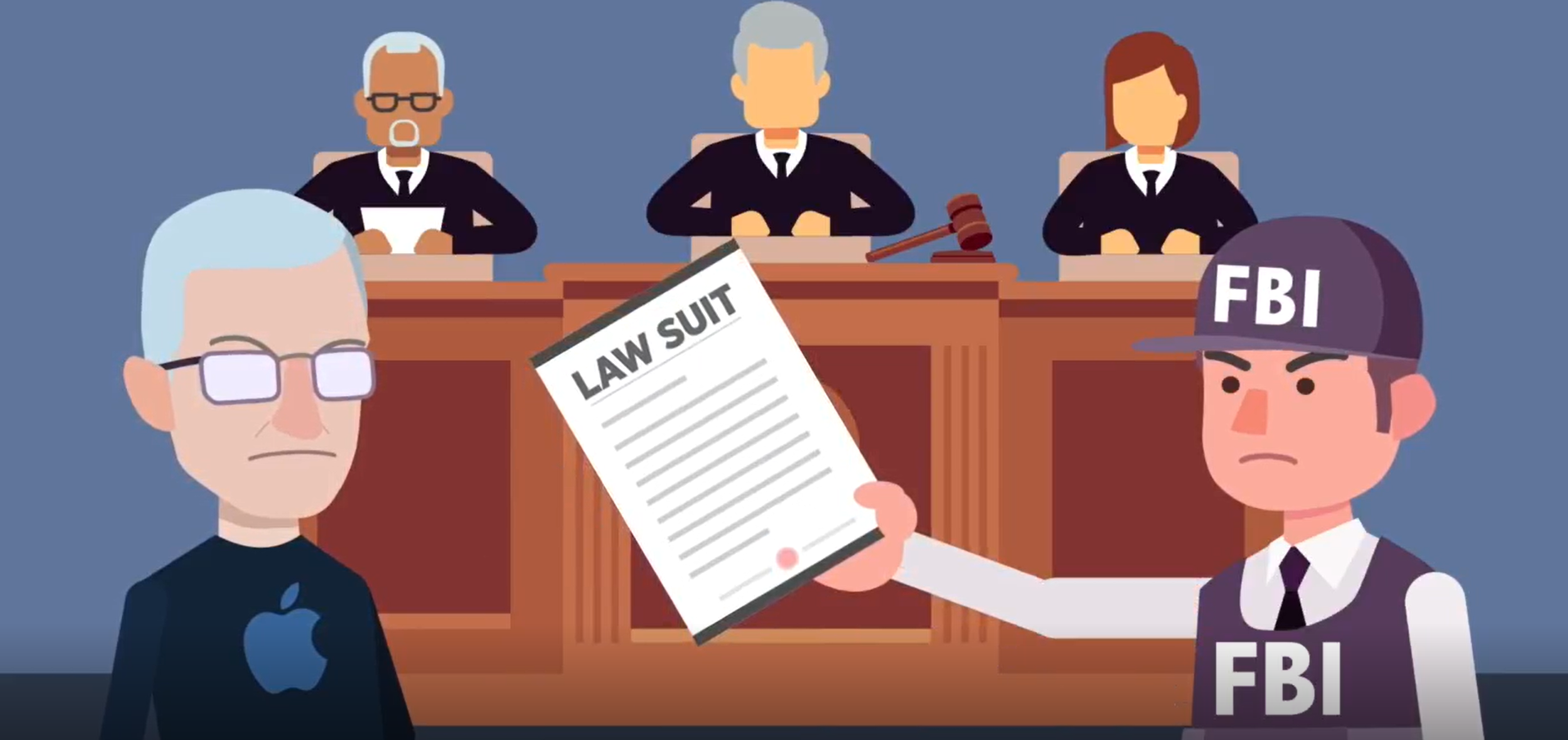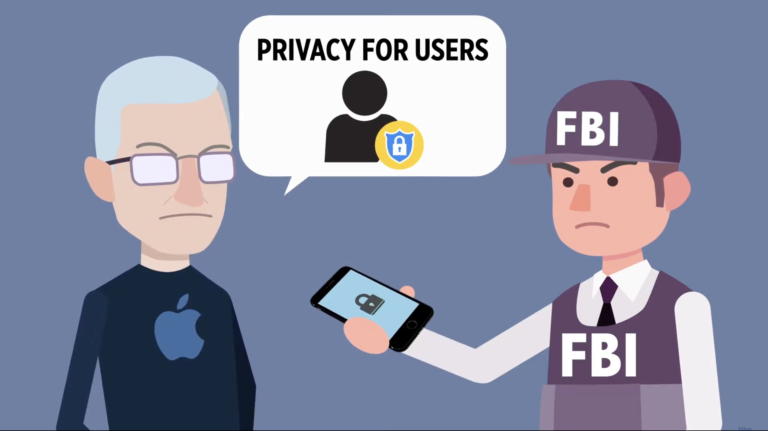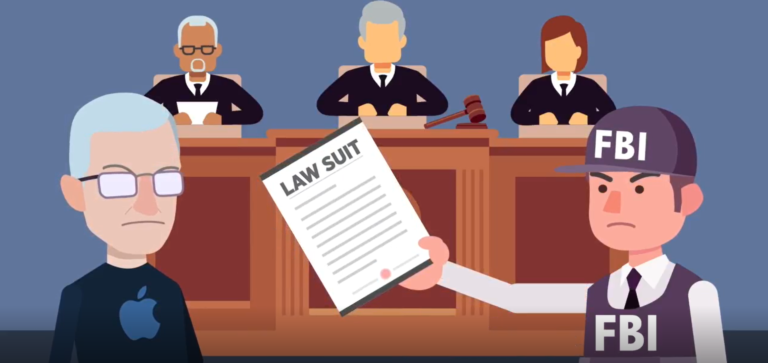Transcript
So, how do you feel about this case?
On the one hand there is a really challenging scenario where the FBI was trying to prevent crime. As we mentioned previously, any type of criminal prevention is largely reactive. So as a criminal agency or a law enforcement agency, you want to be as proactive as you can and as predictive as you can so that you can stop things from occurring in the first place.
But the flip side is, it’s a scary thought that a government would have the right to access our personal data within a smart phone at any time simply because they demand it.
If you think about what is contained in our smartphones now, it’s not just the text that we send (although that’s significant), nor our images (although there are a lot of them). It’s where you go every single day, what advertisements you stopped to look at, what payments you’re making, who’s in your social network and who you communicate with. So the idea that the government would demand access to that is challenging.
There are people who argue and also companies who make the claim that by virtue of the fact that you’re using a certain product, be it banking or other services that determine our location, transaction history, and social relationships, you are giving them access to your data. How can we distinguish between that situation and those in which governments want that data? It seems like we give a lot of data almost willingly to companies, but why are we not necessarily willing to do that when it comes to the government?
We think, first of all, we don’t agree that most people give out data willingly, but rather ignorantly. Everyday we click “I accept” tens if not hundreds of times on our phone not knowing exactly what we are agreeing to. Many progressive laws are now requiring companies to ask customers to opt into data sharing, rather than opting out if they do not wish to.
This is because from a psychological perspective, people are lazy and we often agree to things that we don’t fully understand, especially when that information is hard to process. That’s definitely true with smartphones and their service providers. One of the things with smartphones is that they took the world by surprise and a lot of our behaviours evolved within that ecosystem before we really understood the consequences. So we’re seeing companies that have in many ways taken advantage of our ignorance and our laziness, and the law is now retroactively going back and restricting them.
Back to the question of the differences between giving data to companies and governments, we think there is still a very big distinction. Although a company can monetize our data, and that’s something we should be talking more and more about, people would be concerned about the government because they have the ability to conscript us even further. They have the power to not only give you freedom but also take that freedom away. Therefore, for many people, the idea of any government having free access to our personal data is kind of Orwellian, 1984 type of scary situation.



